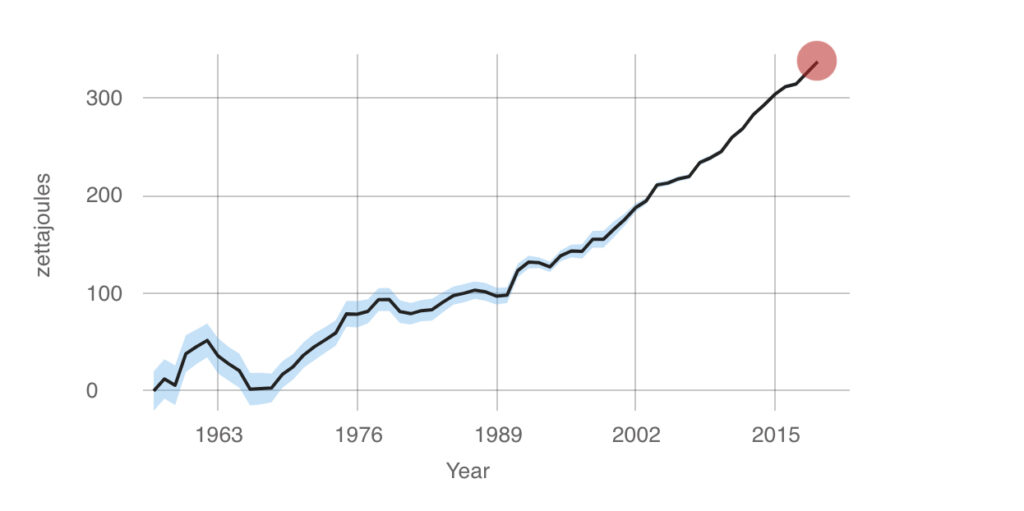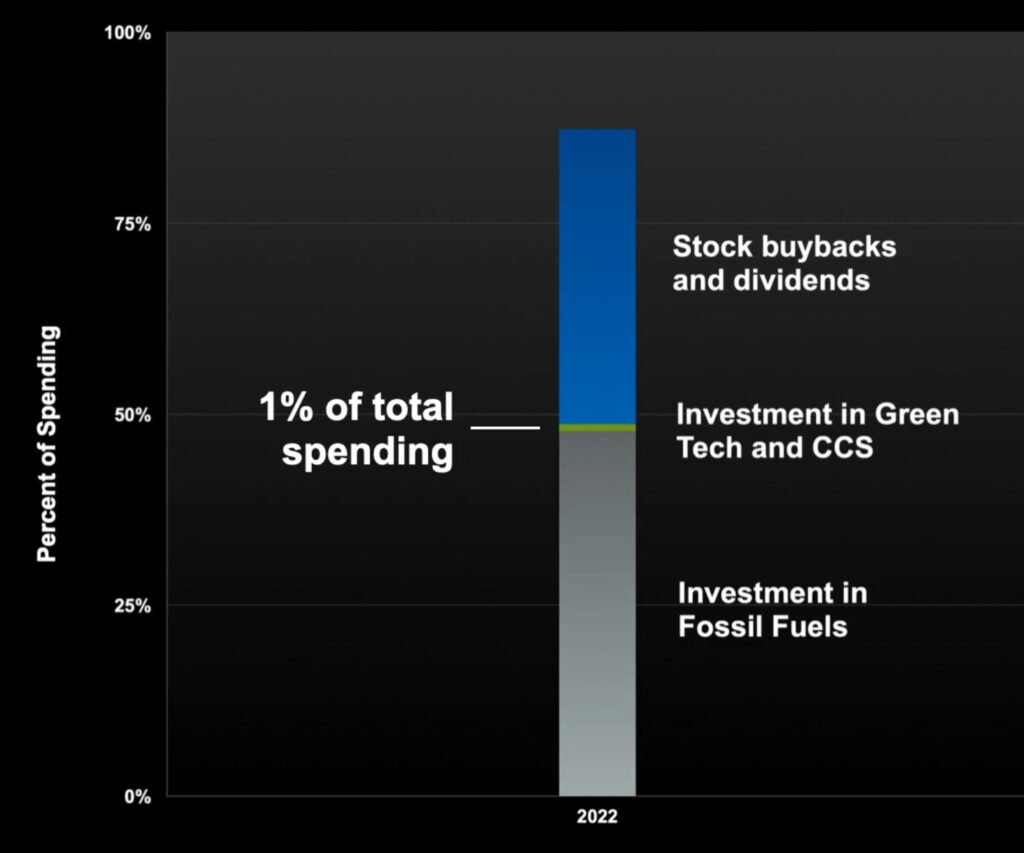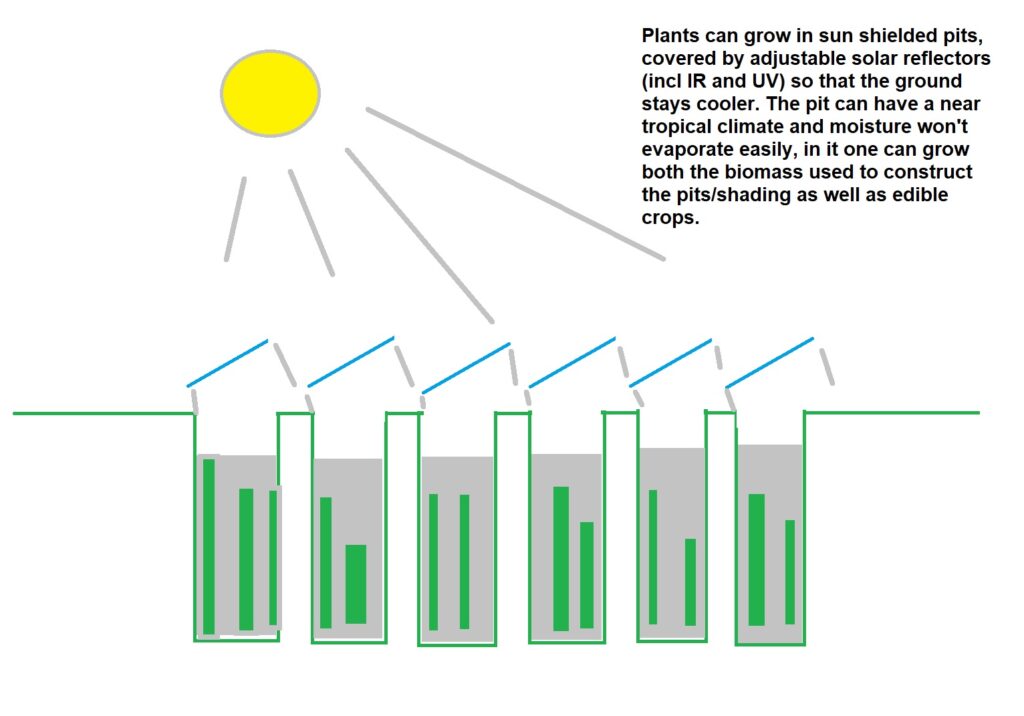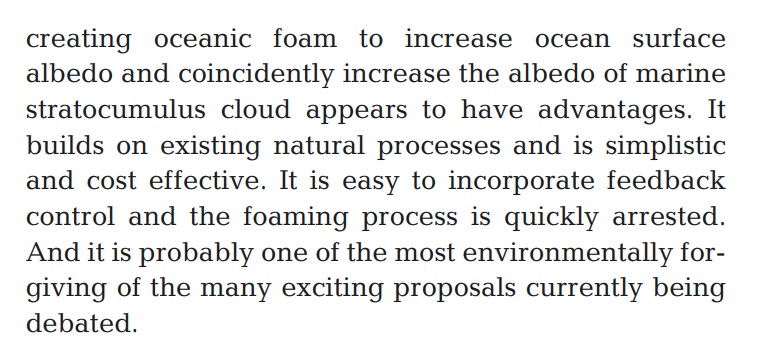People discuss the nature of the universe, that its computational. In that context the concept of the “Turing Machine” is often used. The Turing Machine was thought up as an abstraction of a computer by Alan Turing. It is basically a linear memory (a piece of tape) that you can move back and forth on, writing symbols or reading information, and also processing it based on the symbol that is read. When I did computer science and AI I had to simulate being a Turing Machine and try to solve problems with it.
[I don’t use images because I got copyright claims]
A closely related concept is the Markov Chain which represents ‘states’ of a ‘system’ as nodes in a graph that have connections which can be directional and weighted or return to itself, also doing processing to the state along the way. You could also include Von Neuman machines. Same argument.
Modern computers can be modelled using Turing Machines or Markov Chains, because one thing they seriously take care of is the bits and bytes in them and what happens to them. No bits get arbitrarily lost or are created in your mobile phone, it would crash it quite quickly. Both the Turing Machines and Markov Chains have the property of states, which have clear features, like a bit that is set or not set, representing something of interest or importance.
Even when we do math by hand this structure is retained, we are trying to figure out what the x stands for in 3x+5 = 20, then either on paper or in our heads nothing is added or substracted, we don’t end up with two anwers like +5 and -5 because that would make zero sense. This is because our mind works this way, it tries to reach a fixed outcome when its experience is simplified to maths or symbolic reality. Humans try to get things done, meaning a threat or burden out of the way. The way we do it is by achieving results, objectives, goals. Our mind works and the result is achieved, we are done, next problem.
The universe does not get done ever. It is a soup of particles, or at lower levels a quantum liquid or fields as physicists call them. If there are more than one field this would surprise me but physicists believe it. These fields are active, dynamic. Even empty space constantly produces particles and anti-particles. If you compare it to a Turing Machine it would first of all always be running, never stop. It can’t stop. There is no way for the waves propagating through spacetime to stop. As a Markov Chain the state would always be changeing. Even in a Bose-Einstein condensate it would, it sloshes about, climbs up the glass walls that confine it or leaks through it.
The main most salient difference between math, a TM or MC and the universe is that the universe does not have a memory, it does not have processes or operations. It seems to have one very basic action, which is repulsion between its most basic constituents (below the level of the electron or quark). This repulsion allows the propagation of waves in its fields. The fields already seem a concept that is projected by humans. There is probably no electric field, just orientations of movement of space time nodes that causes complex stabile space-time convolutions to adjust their ‘progression’.
The structures we defined or measured are very much like images on a screen, we see the image, the pointer of our mouse, but its doesn’t exist, the illusion is carried from one pixel to another as we move it across our screen. We see electrons, but electrons are not made up of the same space time through time, they are dynamic three dimensional waves, one could say of a front made up out of what? Photons of some kind? Compression of space time?
Math has given up modelling the universe a long time ago. The probabilities in quantum mechanics are a solution to the nature of the universe, where we can only know if something is where it is by interacting with it, and we also change it by interacting with it. The ‘wave function’ is a probability distribution, not reality. Now can you imagine a Turing Machine where the value of a field is undetermined until you arrive at it? That is not how it is defined. There is no read or write head, there is no process, there is no tape in the universe.
The big mystery to me is that ok, if you assume we are dealing with a quantum fluid, then its made up out of ‘nodes’ in ‘space-time’ reticulum (net) where the nodes can move around but not through each other without friction and can in some cases collapse (two into one) and split (one into two) the general liquid being under enormous pressure all the time (hence expanding into non-space time), then how are these movements determined, how are conflicts resolved, how does one node move or flow around another, how does it know to keep flowing.
A derivative question is as space-time is a frictionless quantum fluid, does it split up into totally local regions, say if I spin a metal ball on my table top does that ball separate near totally from the surrounding space-time? Or a train moving at high speed. Its either that or all the particlesof the train have to be recreated at every part of the track by the ‘pixels’ of space-time, even while the air molecules persist on top of this substrate and have to flow around the machine. Can you measure a delay in the effect of gravity in a fast moving object? Is this the point of relativity. It would make the most sense to me.
If you approach it from the level of photons you could maybe suggest photons are memory in this system. A photon traveling from a quasar to Earth can preserve the memory of it over billions of years. Our part of universe space-time is at any time inundated by arriving memories of other parts of the universe. But still that doesn’t make it a turing machine, or even a derivative.
If you disagree, let me know via @climatebabes on X.com



